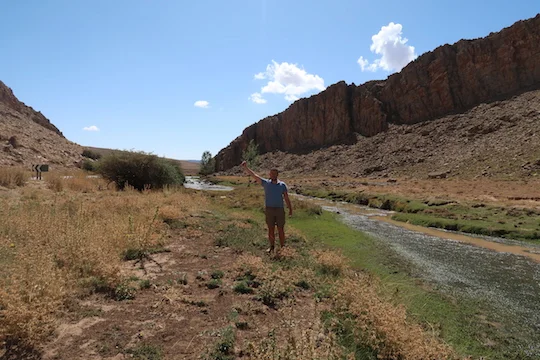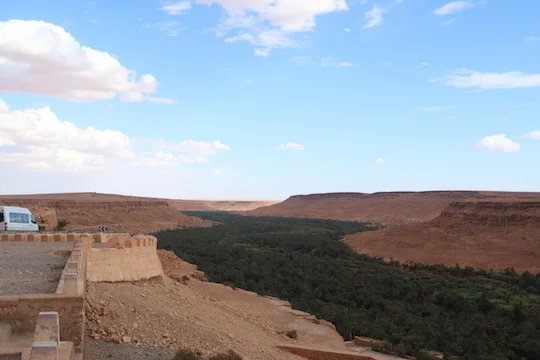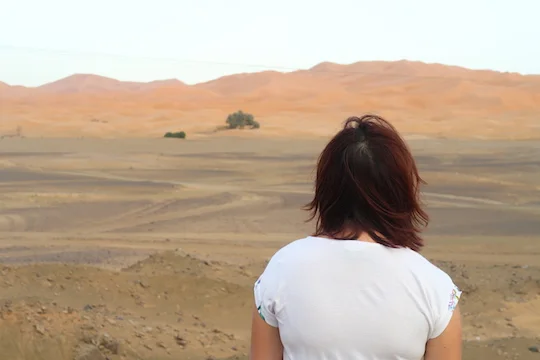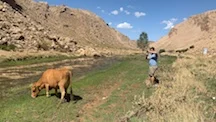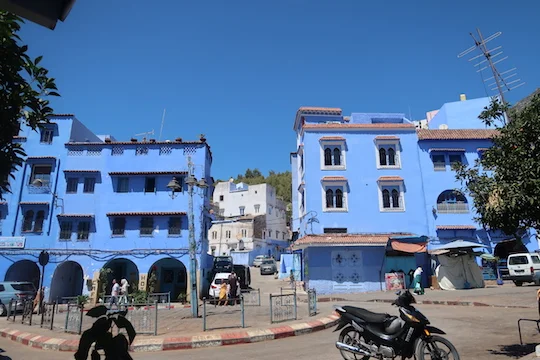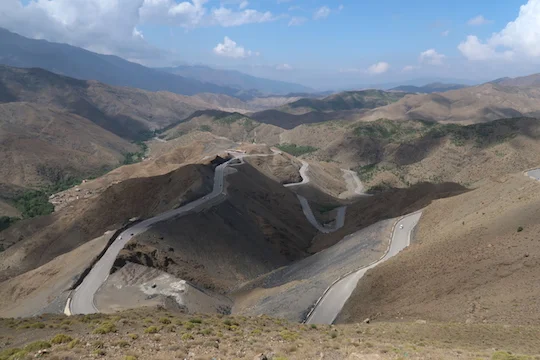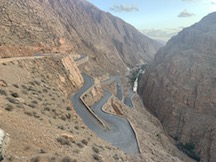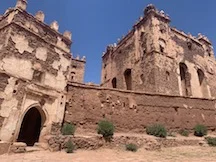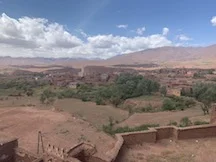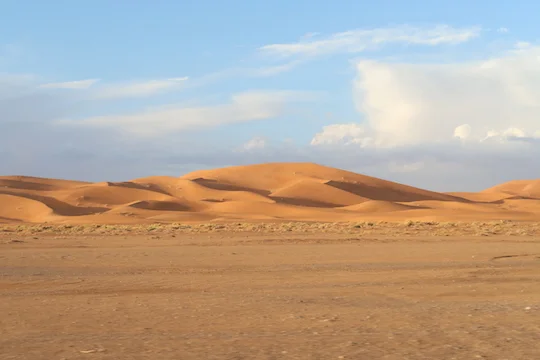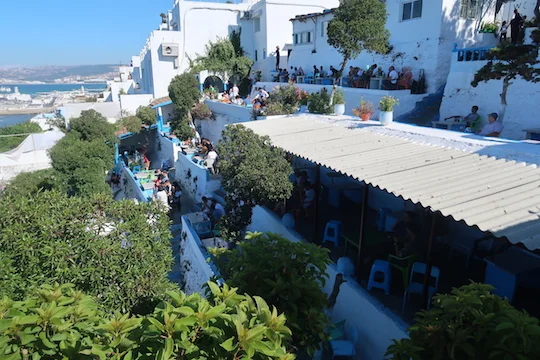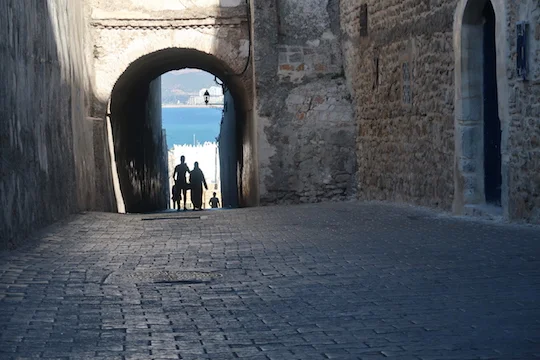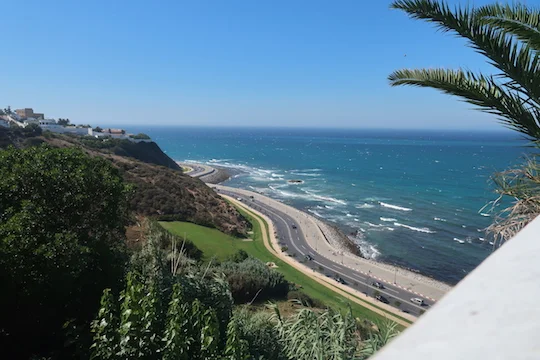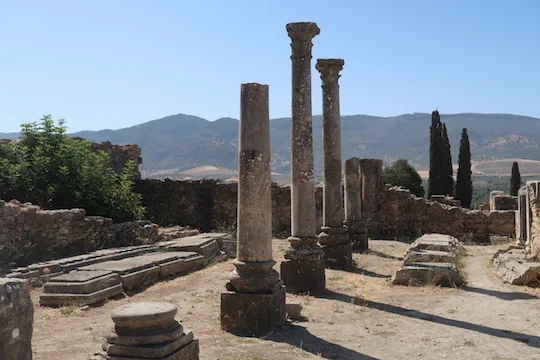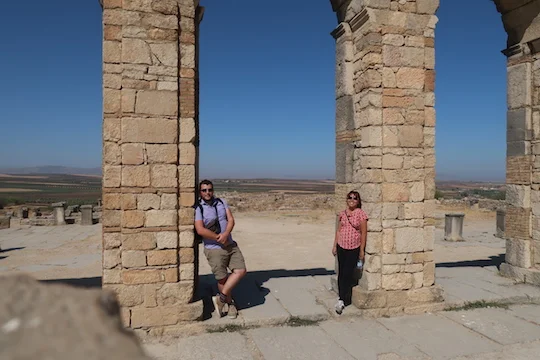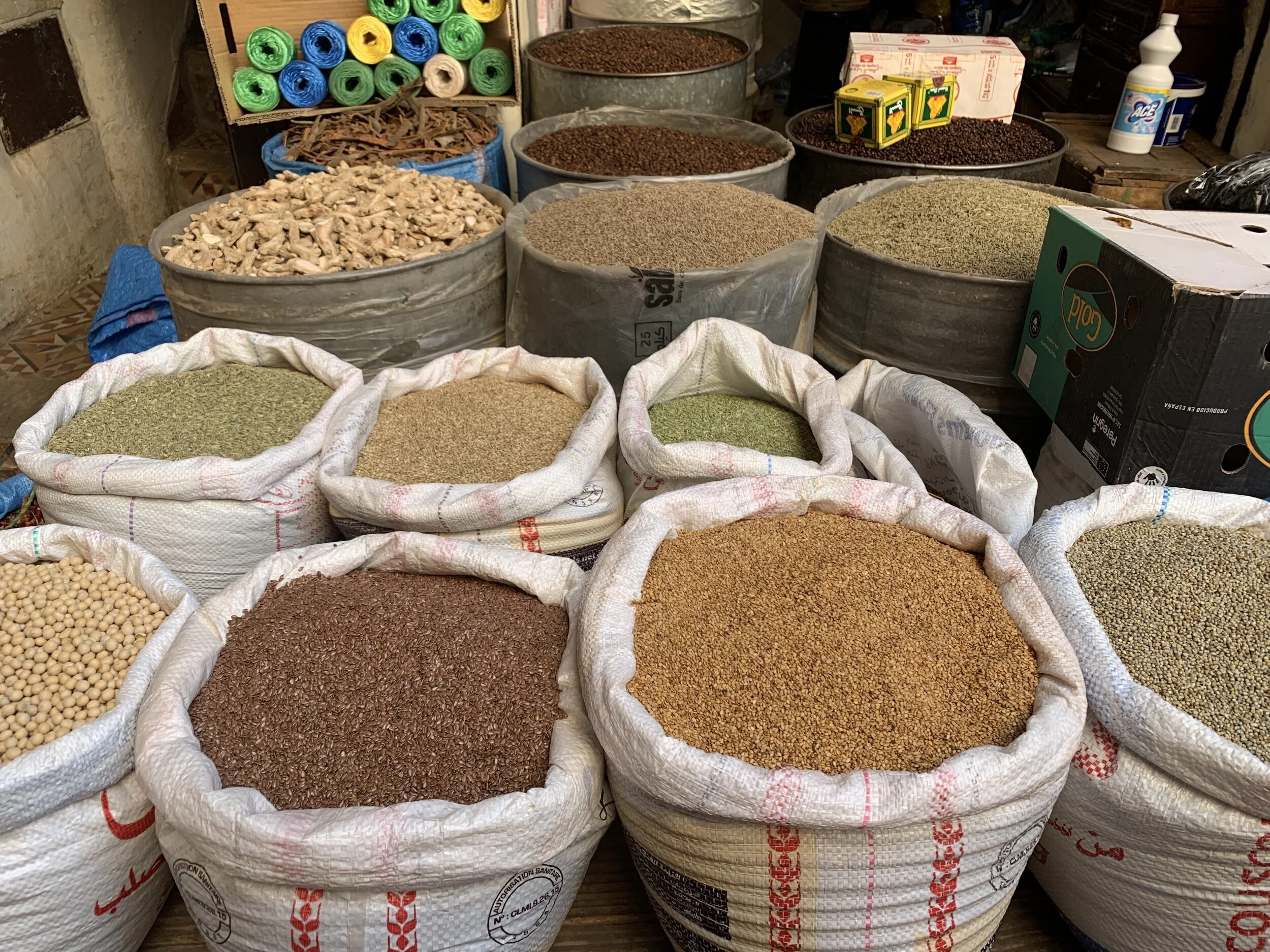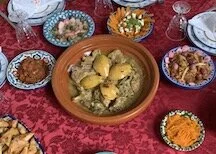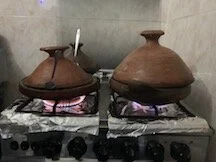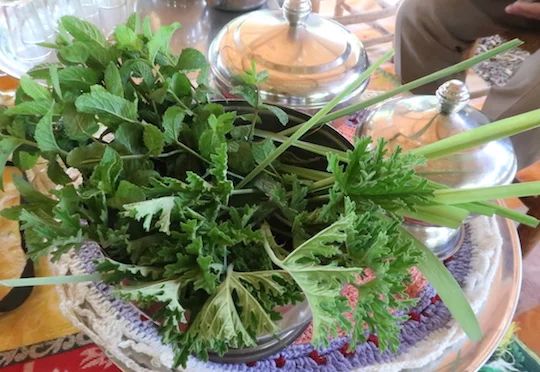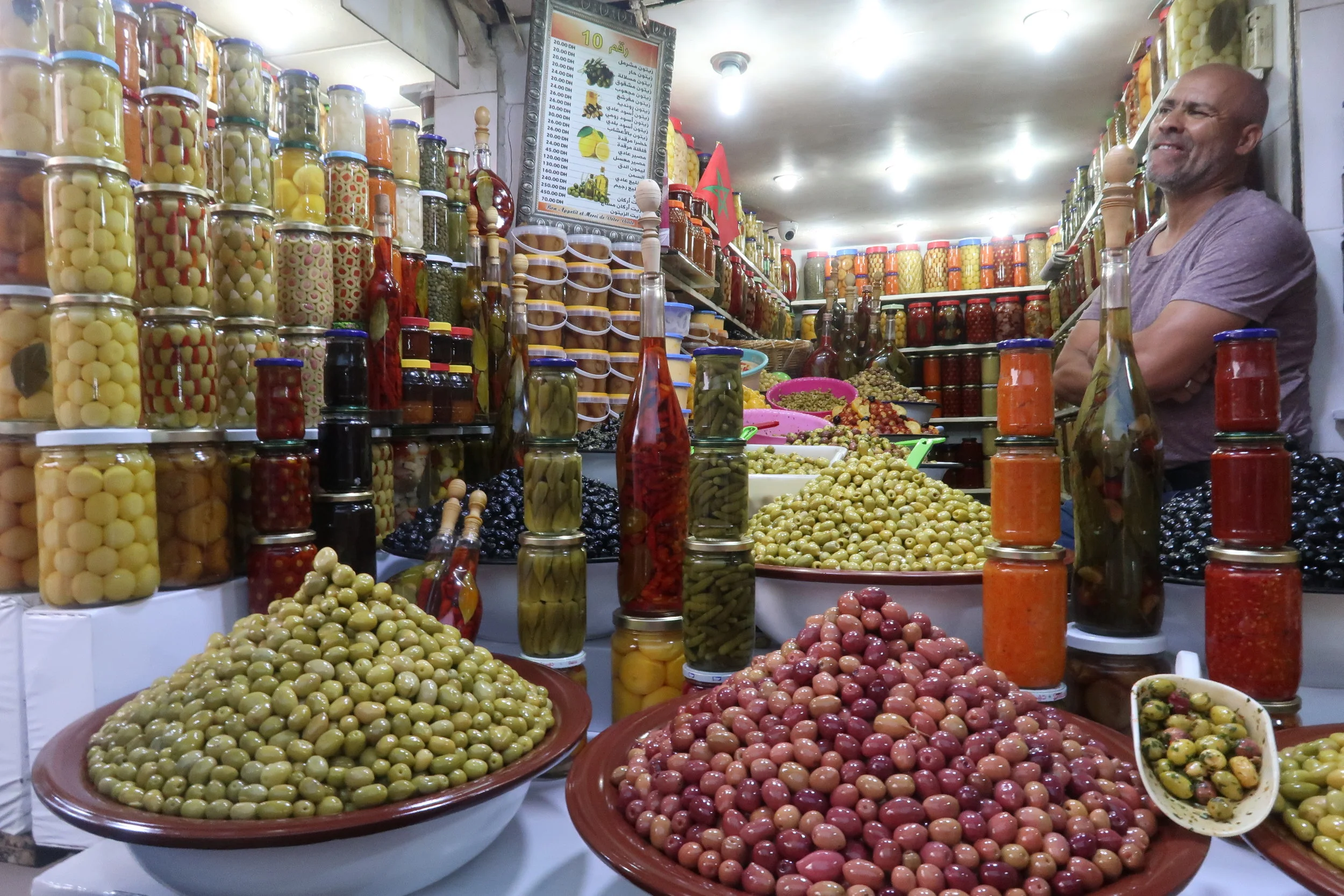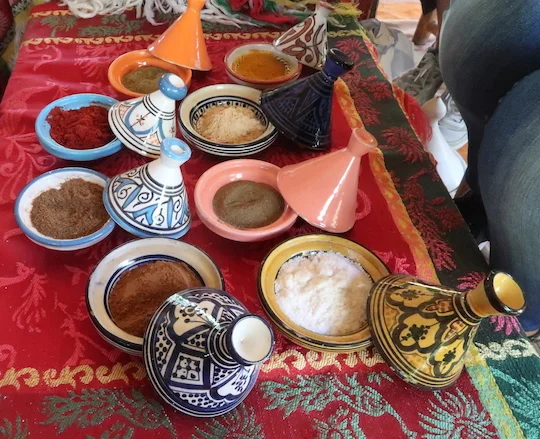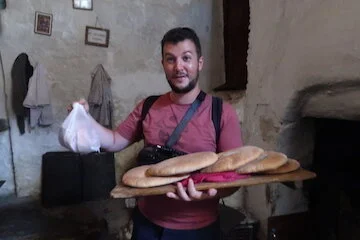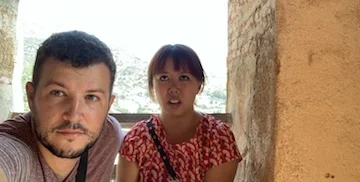They Eat... Morocco (The Good News)
While Morocco definitely had its challenges, we had some amazing experiences which we will not forget. I would still categorize Morocco as a developing tourist destination and one you should check out now before it becomes too superficial. If you venture out of the medinas which have become tourist traps, you will discover the amazing beauty of Morocco. It is also equally important to get perspective on a place that is likely to be significantly different from where you grew up.
If you haven’t the post about The Bad News of Morocco and would like to, please click here.
Instagram-Worthy Photography Everywhere
The landscape of Morocco is breathtaking, in particular, the mountains. We drove through the Rif Mountains and the Atlas Mountains. The roads circled about the mountains. Every photo taken is “Instagram-worthy” as all the social influencers describe it these days. Many times, Ian or I would grab tightly to our GoPro, sticking our hands out of the car to video record the beauty. Get ready because I am about to share some of our photos and your jaw may drop:
Slow Cooking Is the Best Kind of Cooking
We stayed true to eating as much local food as possible. Whether you are vegetarian or carnivorous, you will enjoy a charcoal or stove-top slow cooked tagine. Ian and I took four cooking classes during our 25 days in Morocco. After our first one in Tangier, we bought a tagine pot at a local place recommended by our instructor. It was 40 Dirham (~4 USD) and we put it to use multiple times. There is no such thing as “fast food” when it comes to traditional Moroccan cooking. There is a genuine care for taking time to let your ingredients take on all the flavors. Some of the foods we really enjoyed included olives, tagines (lamb, chicken, veggie – it doesn’t matter), lamb tangia, and the soups eaten between lunch and dinner (made with chickpeas, parsley, coriander, paprika and wheat). Let me not forget, you must drink the mint tea. I will share more about the food in a detailed post to be posted in the near future.
Herbs Will Cure You .. Slowly But Surely…
In all the cooking classes, it was repeatedly mentioned how each spice or herb has medicinal qualities to improving health. It was also repeated that you can’t expect your health to just improve overnight. For example, let’s say you have trouble sleeping. One chef suggested eating a piece of clove every day and drink lots of water to get out all of the toxins. After six months, you will begin to feel the results and you should then just continue with the clove and water. If you have stomach problems, have thyme. If you have back problems, eat dried figs with honey thyme and olive oil – this cleanses your system. Apparently, if you eat seven dates a day with a glass of milk, this is enough for one person to be nutritious. Unfortunately for me, I really dislike dates. We learned so much from our classes and definitely plan to incorporate our learnings into our home-cooking.
Cultural Awareness Can’t Be Learned in Books
It isn’t until you walk down the streets, seeing people interact with each other, have your own interactions with the locals, that you truly understand a country. I mentioned in Part 1 of this blog all the tougher elements of Moroccan culture. But there are some truly amazing elements as well.
Moroccans take care of each other. One of our guides told us that he could drop into another city, knock on a door, and it is highly likely that the person opening the door will give him a place to sleep that night. At our Airbnb in Fes, we couldn’t find the trash bins. A neighbor was walking into our building and when I asked him where the bin was, he took our garbage bag and walked it to the bin himself.
Community is incredibly important and the government will own communal spaces in every city to be used by the people. This will include:
Hammams: a public bath house for men and women
Mosque: for prayer
Oven: for baking breads, grains and even a chicken
I didn’t mention how often people would come up to us asking for money. This isn’t just beggars but regular folks walking down the street. In addition to the hustling, it was frustrating. But, I also saw and learned of incredibly poverty. Many people living in the Rif mountains cannot afford to eat. They cannot afford to buy bread which would only cost 1-2 Dirham (10-20 cents USD). Some tour companies pay next to nothing to your guide or to the staff working at a the riad/hotel. These people rely on our tips to survive.
Final Reflections
It is easy as a tourist to complain about the few weeks where I felt hot in my clothing or couldn’t wear a bathing suit to the beach, but these are first world problems. It made me truly reflect on how grateful I should be of the life I was born into. A foreigner living in Morocco shared her thoughts, “I can leave Morocco whenever I want. Moroccans cannot. They need permission to leave. It is luck and chance where each of us are born and the opportunities we have because of it.

